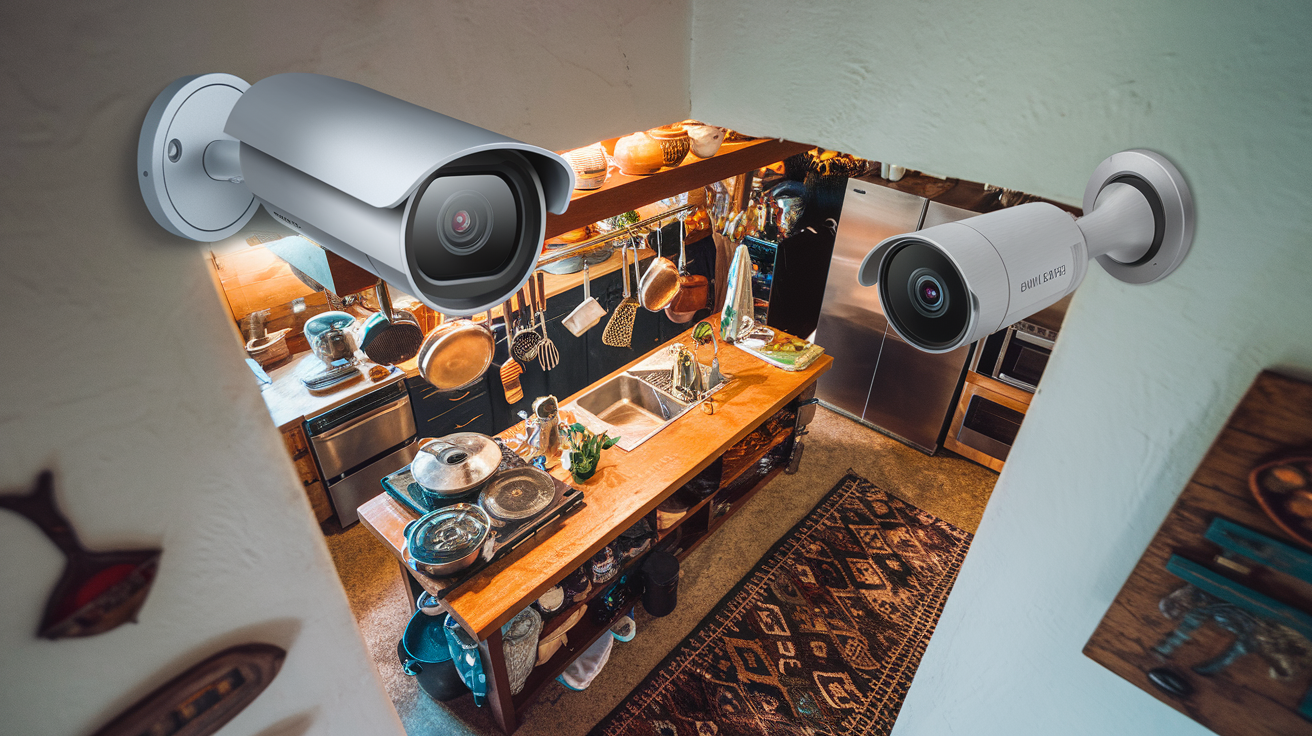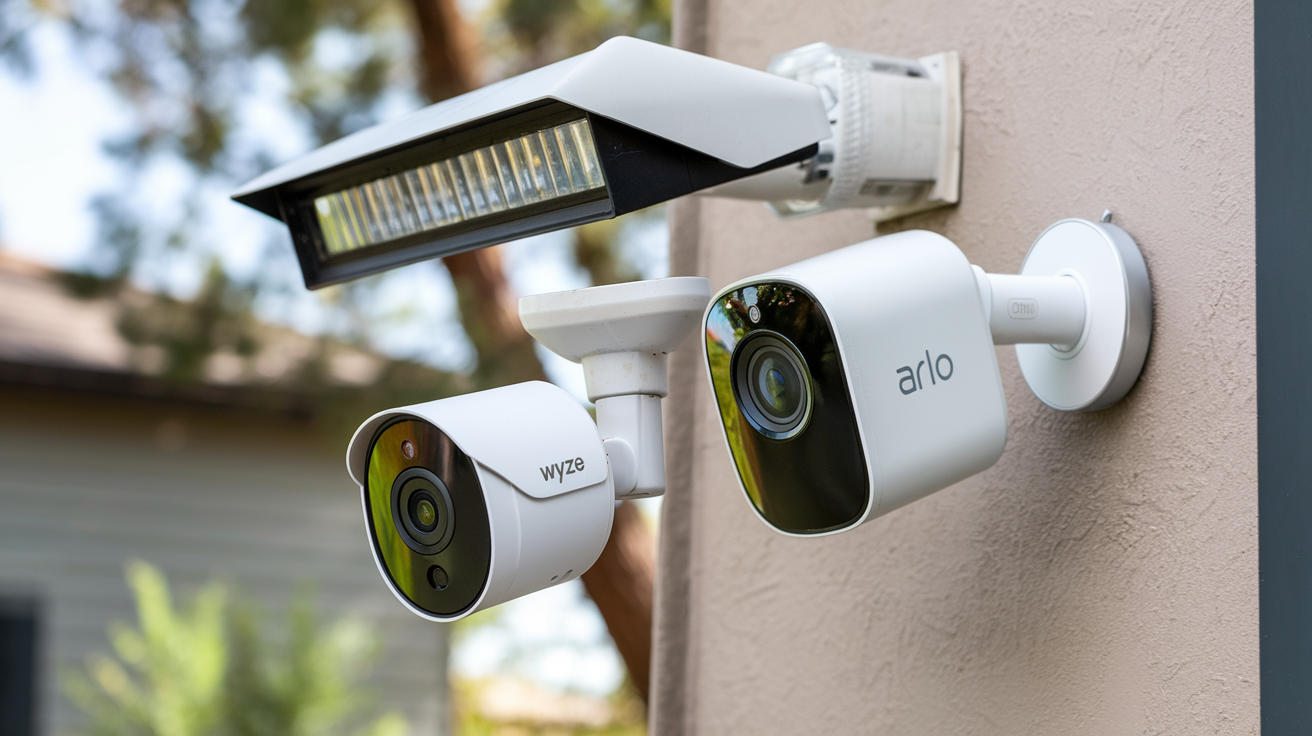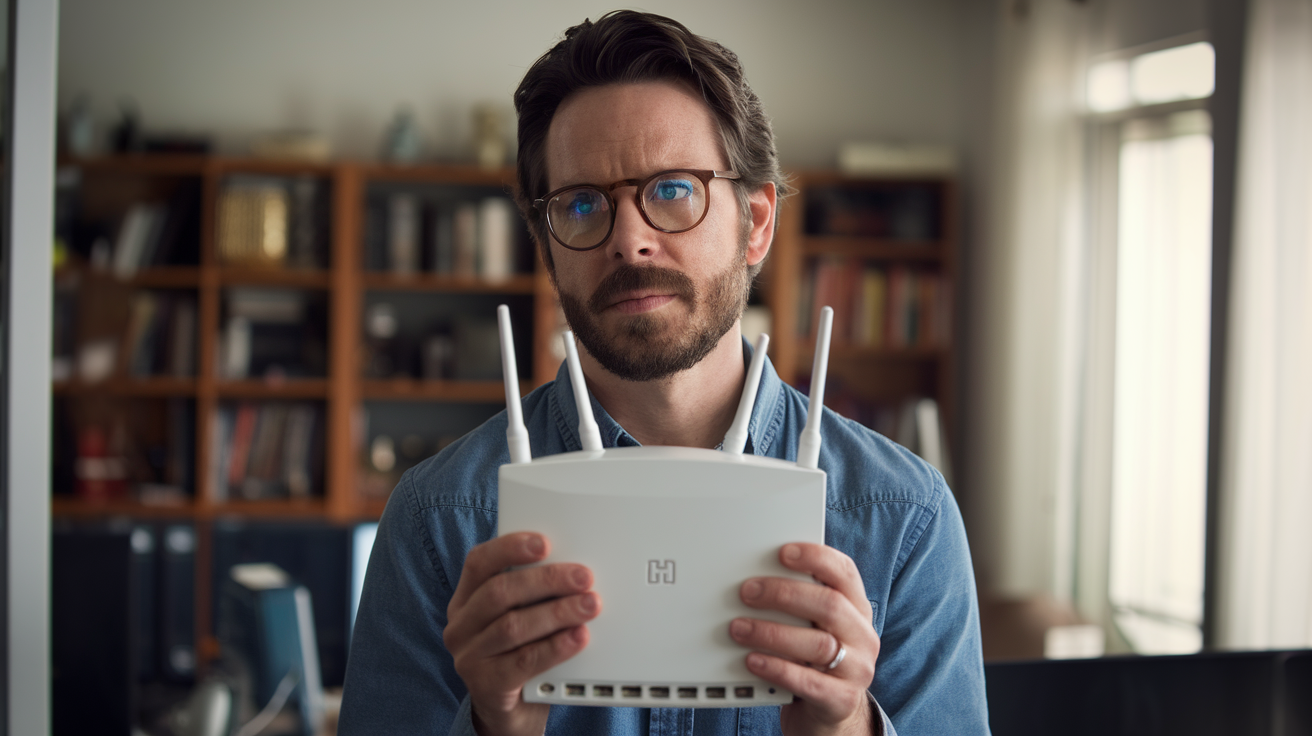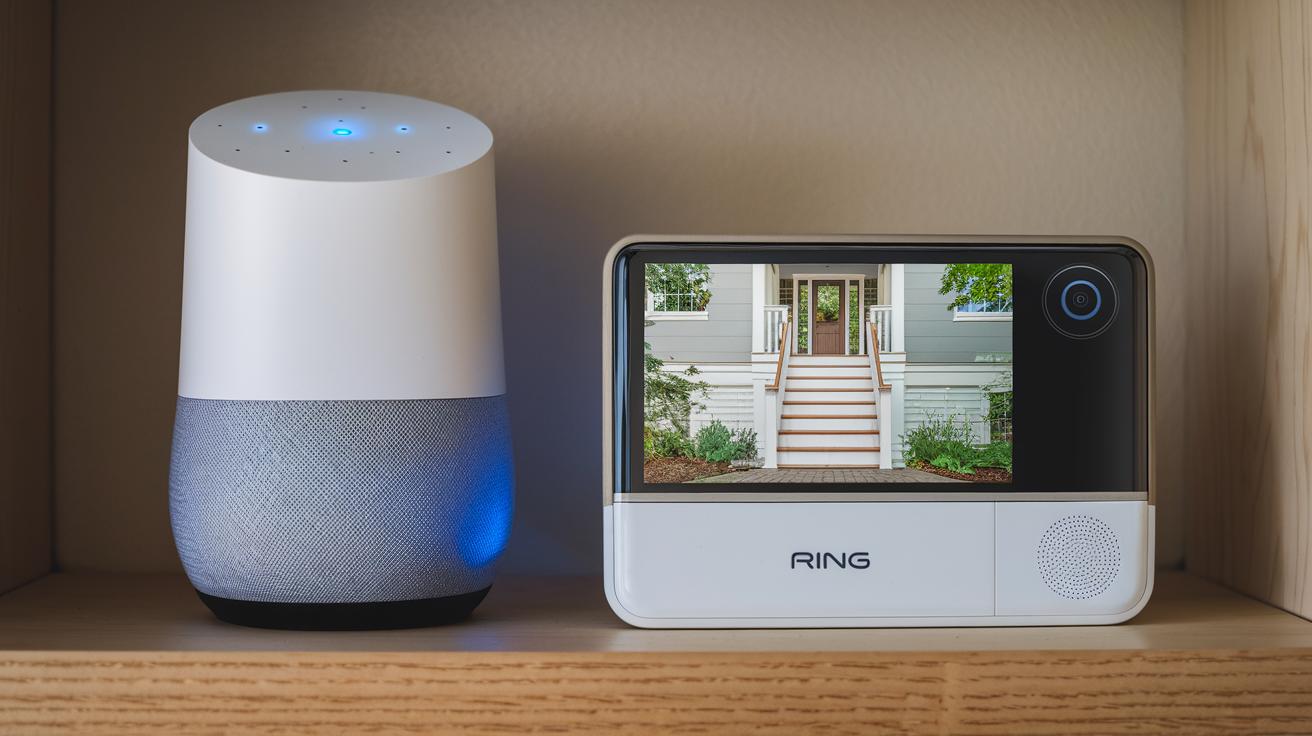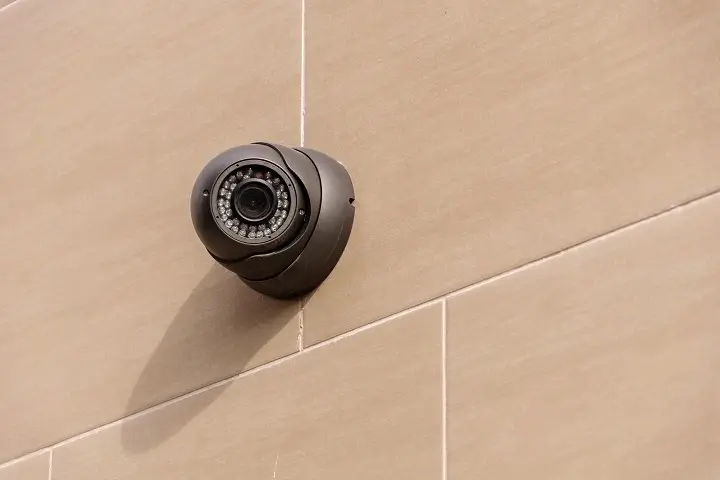
In a time when technology is developing quickly, house security has taken center stage for homeowners. Many home security systems abound on the market, all promising to be the best. Finding which one is really the greatest for your particular requirements might be difficult, though. We will examine some of the best candidates in the market and go into the main elements to take into account when selecting a Smart Home Security System in this extensive guide.
Understanding Your Security Needs:
It's important to evaluate your particular needs before exploring the many choices for home security. Think about elements such as your house's size, the crime rate in your area, and any particular weaknesses in your property. Consider also whether you would want a do-it-yourself (DIY) solution or a system including expert monitoring.
Key Features to Look For:
- Wireless security systems provide more installability convenience and versatility. They do away with the need for lots of wires by using Wi-Fi or cell networks.
- Choose a system that lets you monitor and run your house security from a distance. Checking in on your property while you're away, this function is especially helpful.
- Essential parts of a home security system are motion detectors. When unplanned movement is found, they might set off alarms and alerts.
- If you choose security cameras, get ones with high quality for crisp video recording. For further coverage, some systems include pan, tilt, and zoom.
- Look for solutions that elegantly interact with smart home appliances. Through one platform, this integration lets you control several facets of your house, including thermostats and lights.
- Door and window sensors are basic in nature and help you to be alerted to possible invaders. Make sure the system you decide on offers enough coverage for access points.
- Expert monitoring services provide an additional degree of protection. Should an alert arise, these services can get authorities on your behalf contacted.
Top Home Security Systems:
- Ring Alarm: Ring's simple do-it-yourself systems have become somewhat well-known. The Ring Alarm provides smart home integration, cameras, and sensors, among other things. With optional professional monitoring, this is a reasonably priced choice.
- ADT: Veteran in the home security scene, ADT—Home Security provides professionally monitored systems. Among their several offerings are surveillance cameras, entrance sensors, and 24/7 monitoring.
- SimpliSafe: Affordable monitoring plans and easy do-it-yourself installation are hallmarks of SimpliSafe. Given its several sensors and cameras, the system is flexible enough for varied home sizes.
- Nest Secure presents a neat and contemporary look with a connection to the larger Nest network. It features optional professional monitoring, motion sensors, door/window sensors.
- Arlo: Arlo specializes in wireless security cameras, offering high-resolution video and sophisticated capabilities including color night vision. Arlo can be included in more general security systems even though cameras take center stage here.
- Vivint: Vivint—Home Security is a complete-service provider of expert installation and monitoring for homes. It incorporates home automation tools, cameras, and a spectrum of sensors.
Choosing the Right System:
- Financial Concerns: Before looking at choices, figure out your budget. While some systems run on a subscription-based concept, others call for upfront equipment purchases.
- Installation Preferences: Think about whether you would want a professional to install the system for you or if you would rather do it yourself. Often more affordable and flexible, do-it-yourself projects can be scheduled whenever it would be most convenient.
- Decide whether you would be comfortable self-monitoring your house or whether you prefer expert monitoring. Although it costs a monthly fee, professional monitoring adds another degree of security.
- Choose a system that will expand with your demands. Make sure the solution you choose supports more devices if you intend to grow your security system going forward.
- Review customer comments to learn about the practical functioning of several home security systems. Get comments on dependability, user-friendliness, and customer service.
FAQ's
Q. What factors should I consider when selecting the best home security system?
A. Consider factors such as your home's size, the level of automation desired, monitoring options (self-monitoring vs. professional monitoring), budget constraints, and the specific security features that matter most to you, such as cameras, sensors, or smart home integration.
Q. Are wireless or wired home security systems better?
A. Both wireless and wired systems have their advantages. Wireless systems are generally easier to install and more flexible, while wired systems may offer a more stable connection. Your choice depends on factors like the layout of your home and your preference for installation and maintenance.
Q. What types of cameras are suitable for a home security system?
A. The best cameras for a home security system often include features like high resolution, night vision, motion detection, and two-way audio. Consider whether you want indoor or outdoor cameras and if you prefer wired or wireless options.
Q. Do I need professional monitoring for my home security system?
A. Professional monitoring adds an extra layer of security, as monitoring centers can alert authorities in case of an emergency. However, whether it's necessary depends on your preferences and budget. Some systems offer self-monitoring options, where alerts are sent directly to your phone.
Q. Can I integrate my home security system with other smart home devices?
A. Many home security systems offer integration with smart home devices such as smart locks, thermostats, and lights. Ensure that the system you choose is compatible with the smart home devices you already own or plan to incorporate into your home.
Q. How can I assess the reliability of a home security system?
A. Look for customer reviews, testimonials, and expert opinions to gauge the reliability of a home security system. Check if the system has a history of false alarms and research the responsiveness of customer support. A reputable company with positive customer feedback is more likely to provide a reliable system.
Conclusion:
Investing in a home security system is a crucial step towards ensuring the safety of your loved ones and protecting your property. The best system for you depends on various factors, including your budget, preferences, and the specific security needs of your home. Take the time to thoroughly research and compare different options to find the one that offers the right balance of features and affordability. With the right home security system in place, you can enjoy peace of mind knowing that your home is well protected.
Call (888) 805-5456 for a Smart Home Security System now!

